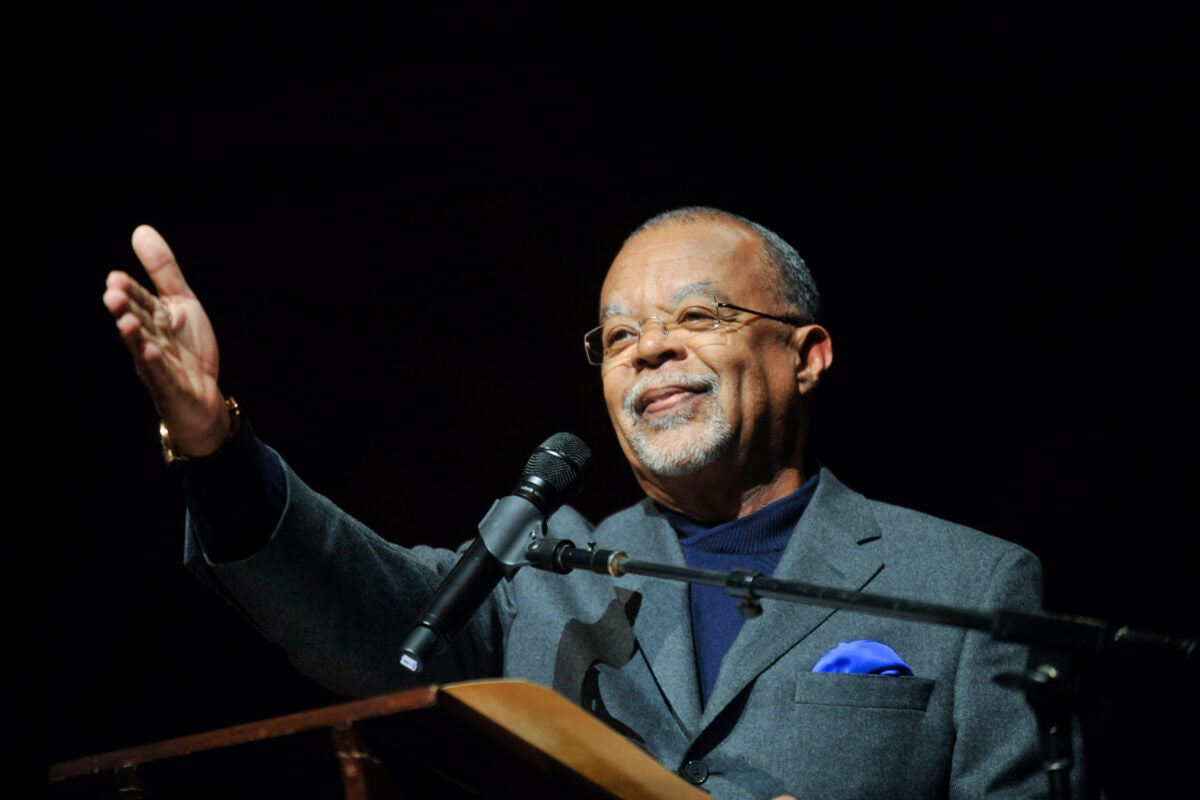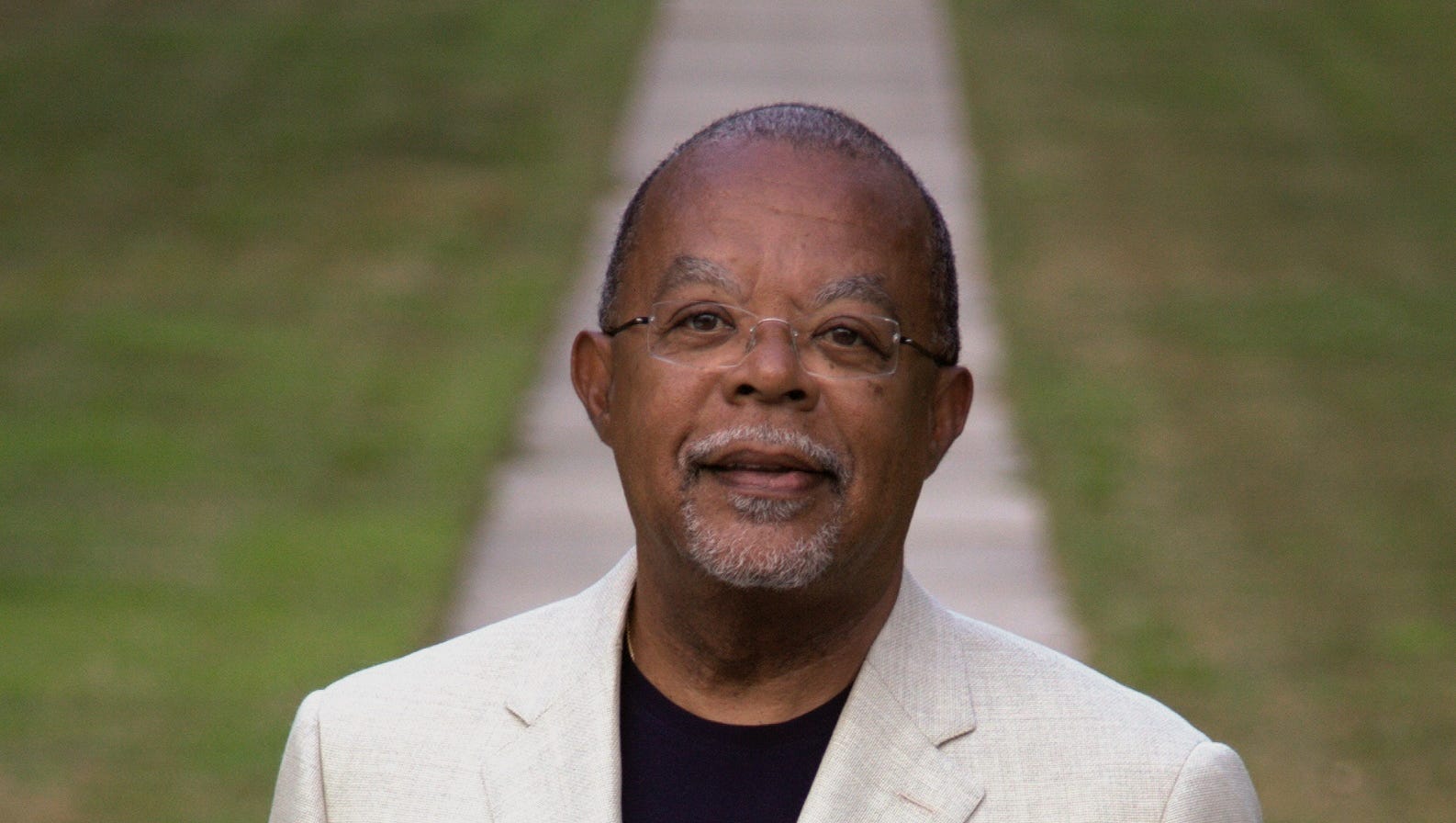

Richard Wright’s masterpiece is in the school of protest novel. “There have only been two books in my life that have made me cry: the first 50 pages of Jane Eyre and the last 50 of Native Son.

“A novel of tremendous power and beauty.” - Newsweek “The Library of America has ensured that most of Wright’s major texts are now available as he wanted them to be read.” - Alfred Kazin, New York Times Book Review a story to trouble midnight and the noon’s repose and to haunt the imagination.” - New York Times so overwhelming is its central drive, so gripping its mounting intensity.” - The New Yorker “The most powerful American novel to appear since The Grapes of Wrath. It also includes an essay by Wright titled, How "Bigger" was Born, along with notes on the text. This edition of Native Son-the restored text established by the Library of America-is the novel as Wright intended it to be published. "I wrote Native Son to show what manner of men and women our 'society of the majority' breeds, and my aim was to depict a character in terms of thw living tissue and texture of daily consciousness," Wright explained. Written with the distinctive rhythm of a modern crime story, this formidable work is both a condemnation of social injustice and an unsparing portrait of the Black experience in America, revealing the tragic effect of poverty, racism, and hopelessness on the human spirit.

Set in Chicago in the 1930s, Native Son is the story of Bigger Thomas, a young Black man caught in a downward spiral after killing a young white woman in a brief moment of panic. In the decades since, Wright's masterpiece-hailed by Newsweek as "a novel of tremendous power and beauty"-has become a revered classic that remains as timely and relevant today as when it first appeared. When it was first published in 1940, Native Son established Richard Wright as a literary star. "The most powerful American novel to appear since The Grapes of Wrath." - The New Yorker “If one had to identify the single most influential shaping force in modern Black literary history, one would probably have to point to Wright and the publication of Native Son.” – Henry Louis Gates Jr.


 0 kommentar(er)
0 kommentar(er)
